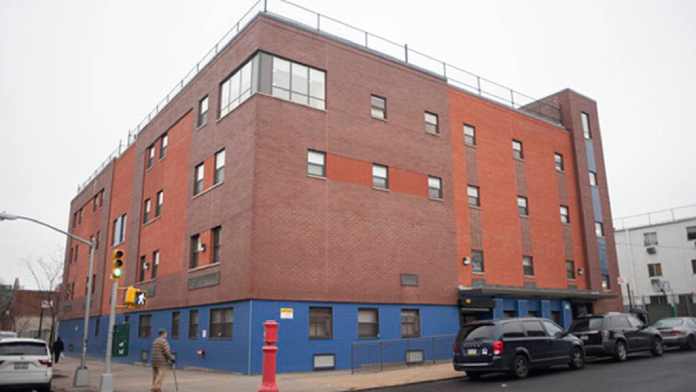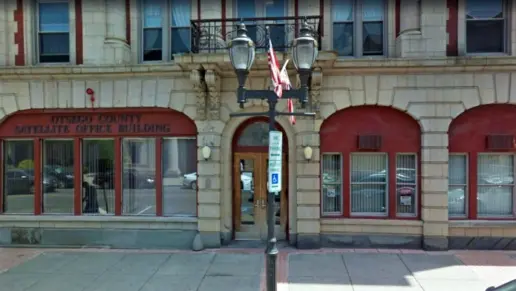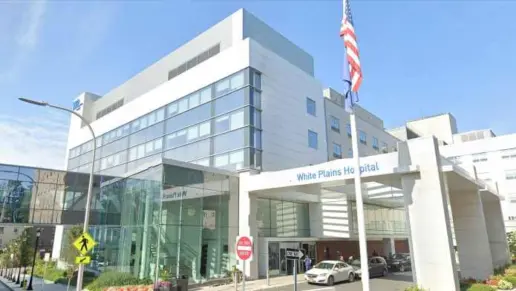About Childrens Aid Society – Health Services
Children’s Aid Society – Health Services in Bronx, New York, provides substance abuse prevention services to adolescents aged 11 to 21. This forms part of their comprehensive health services. They focus on young people from disadvantaged communities who are vulnerable to substance abuse based on current use, gambling and truancy. Vulnerability may also stem from academic failure and interpersonal relationship challenges. Those experiencing abuse, family problems and mental health challenges are especially prioritized.
Most of their services are provided via the POWER program. This program encompasses counseling services and support groups for youth and their families. This increases awareness and helps young people address specific challenges, including social pressures that often lead to substance abuse. They learn essential life skills that help them succeed by adopting an alcohol and drug free lifestyle.
Children’s Aid also addresses issues related to substance abuse via their Prevention Resource Center. This center results from Children’s Aid’s collaboration with the city and state governments. They work together to reduce the negative impact of alcohol, illicit drugs and gambling, especially among young people. The center streamlines information access, professional development and prevention focused community coalition support. By strengthening community efforts, they create safer environments and offer programs that promote healthier choices for young people. Ultimately, this reduces the likelihood that they’ll turn to alcohol and drugs.
Latest Reviews
Rehab Score
Gallery

Location
Other Forms of Payment
Medicaid is a state based program that helps lower-income individuals and families pay for healthcare. Medicaid covers addiction treatment so those enrolled can use their coverage to pay for rehab. When a program accepts Medicaid the client often pays very little or nothing out of their own pocket.
Self-pay involves paying for treatment out of your own pocket. You can use savings or credit, get a personal loan, or receive help from family and friends to fund your treatment. If you don't have insurance or your insurance plan doesn't cover a specific program, self-pay can help ensure you still get the care you need.
Financial aid can take many forms. Centers may have grants or scholarships available to clients who meet eligibility requirements. Programs that receive SAMHSA grants may have financial aid available for those who need treatment as well. Grants and scholarships can help you pai for treatment without having to repay.
Addiction Treatments
Levels of Care
 Outpatient
Outpatient
Treatments
Mental health rehabs focus on helping individuals recover from mental illnesses like bipolar disorder, clinical depression, anxiety disorders, schizophrenia, and more. Mental health professionals at these facilities are trained to understand and treat mental health issues, both in individual and group settings.
Programs

LGBTQ Program
Clinical Services
Cognitive Behavioral Therapy (CBT) is a therapy modality that focuses on the relationship between one's thoughts, feelings, and behaviors. It is used to establish and allow for healthy responses to thoughts and feelings (instead of unhealthy responses, like using drugs or alcohol). CBT has been proven effective for recovering addicts of all kinds, and is used to strengthen a patient's own self-awareness and ability to self-regulate. CBT allows individuals to monitor their own emotional state, become more adept at communicating with others, and manage stress without needing to engage in substance abuse.
Eating disorders include anorexia, bulimia, binge eating, and dysfunctional eating patterns. Many psychologists and other mental health professionals consider eating disorders to be food addictions, meaning food is being used in an addictive way (similar to drug or alcohol addiction). Certain substance abuse treatment programs will have treatment for eating disorders as one of the services offered. An eating disorder may also present as a co-occuring disorder or dual diagnosis alongside drug and alcohol addiction.
Group therapy is any therapeutic work that happens in a group (not one-on-one). There are a number of different group therapy modalities, including support groups, experiential therapy, psycho-education, and more. Group therapy involves treatment as well as processing interaction between group members.
In individual therapy, a patient meets one-on-one with a trained psychologist or counselor. Therapy is a pivotal part of effective substance abuse treatment, as it often covers root causes of addiction, including challenges faced by the patient in their social, family, and work/school life.
Trauma therapy addresses traumatic incidents from a client's past that are likely affecting their present-day experience. Trauma is often one of the primary triggers and potential causes of addiction, and can stem from child sexual abuse, domestic violence, having a parent with a mental illness, losing one or both parents at a young age, teenage or adult sexual assault, or any number of other factors. The purpose of trauma therapy is to allow a patient to process trauma and move through and past it, with the help of trained and compassionate mental health professionals.
Contact Information
910 East 172nd street
3rd Floor
Bronx, NY 10460


